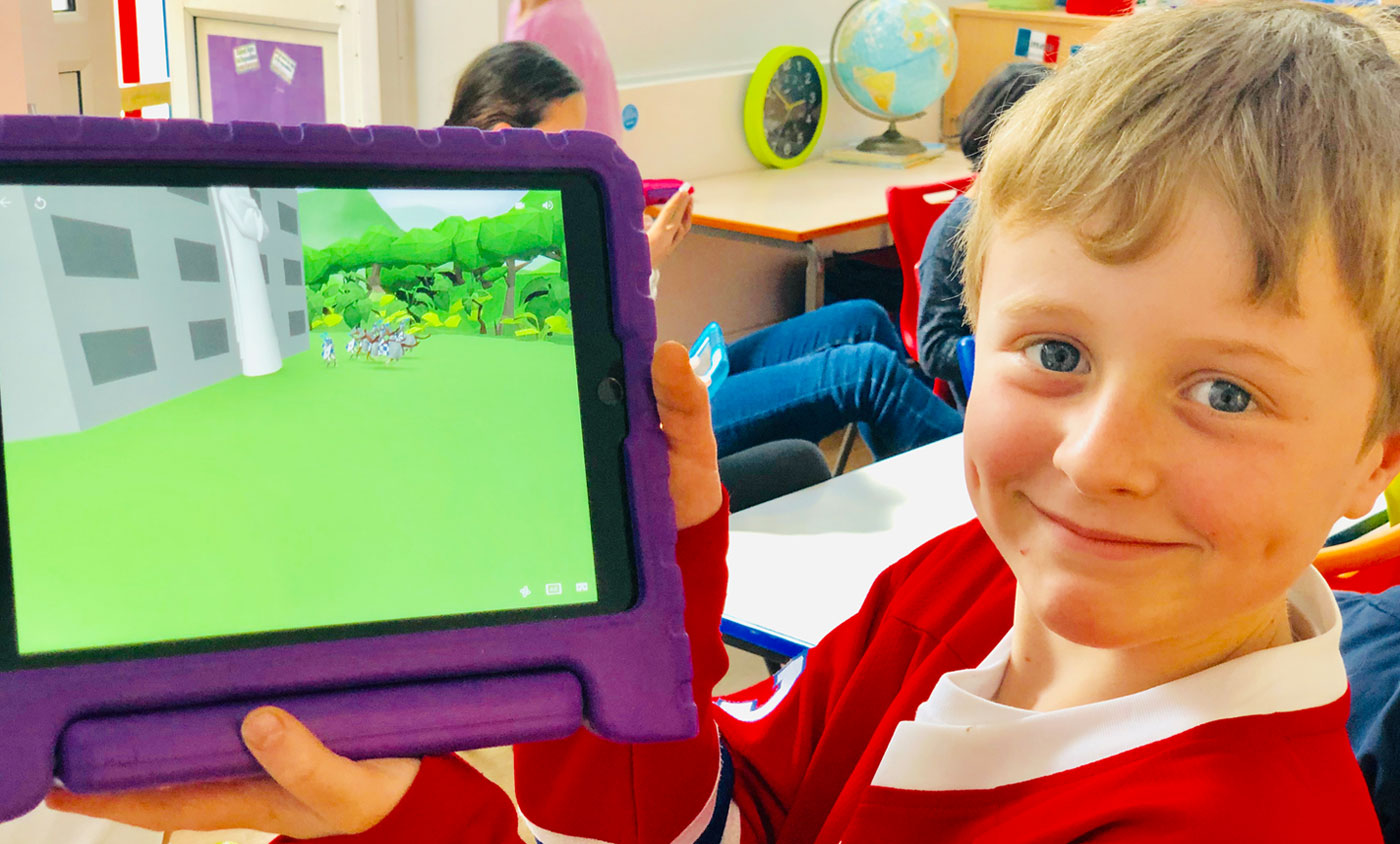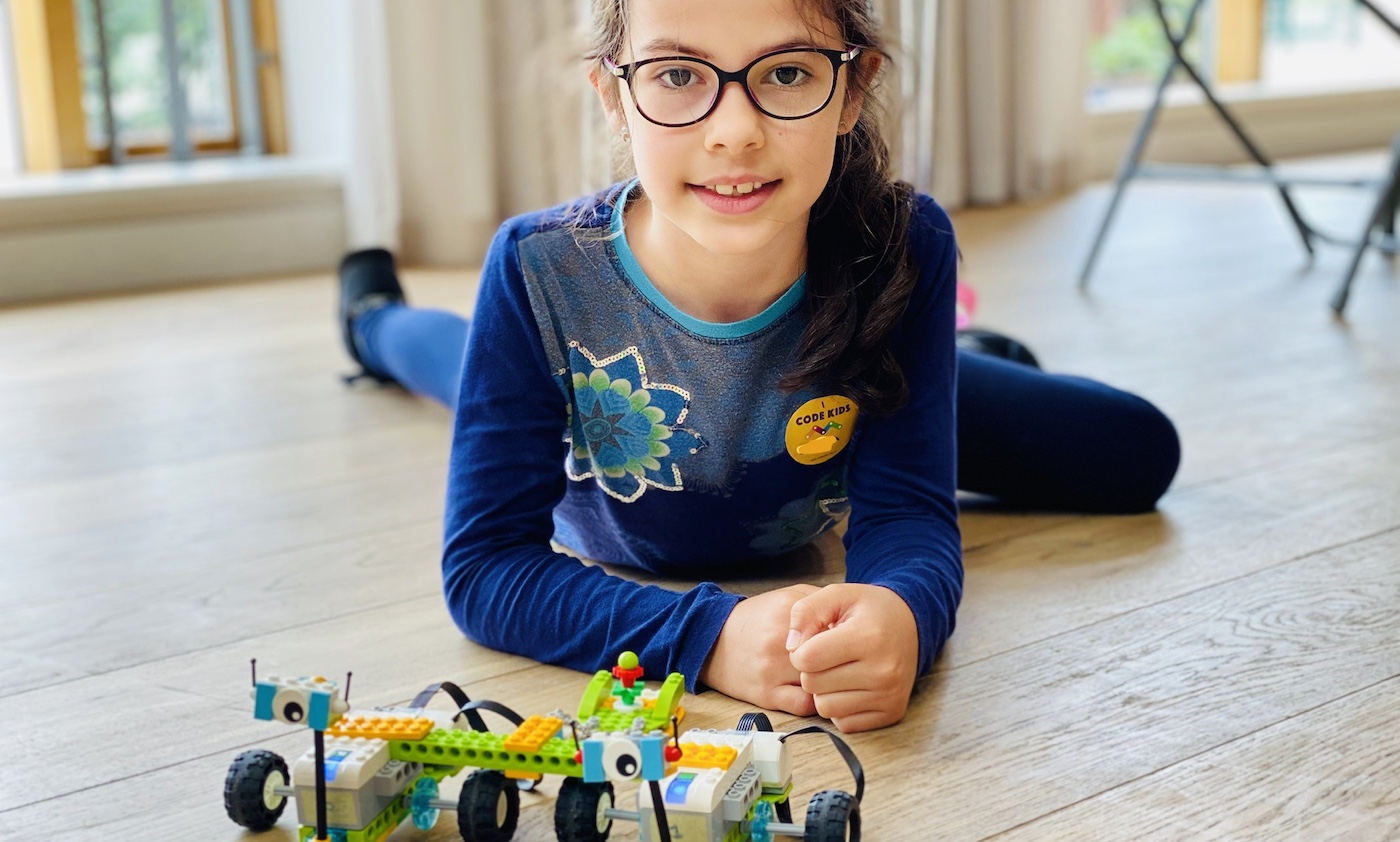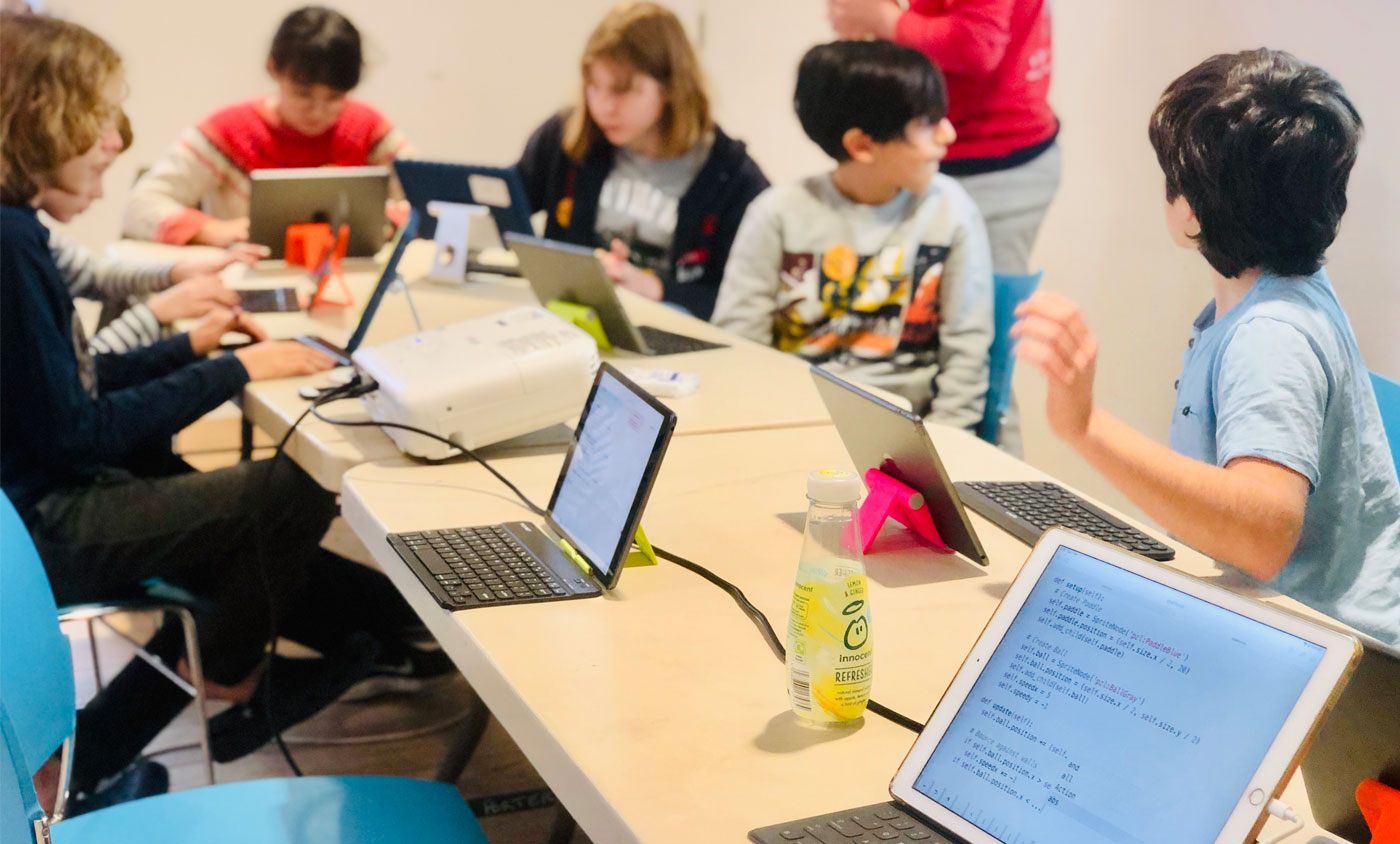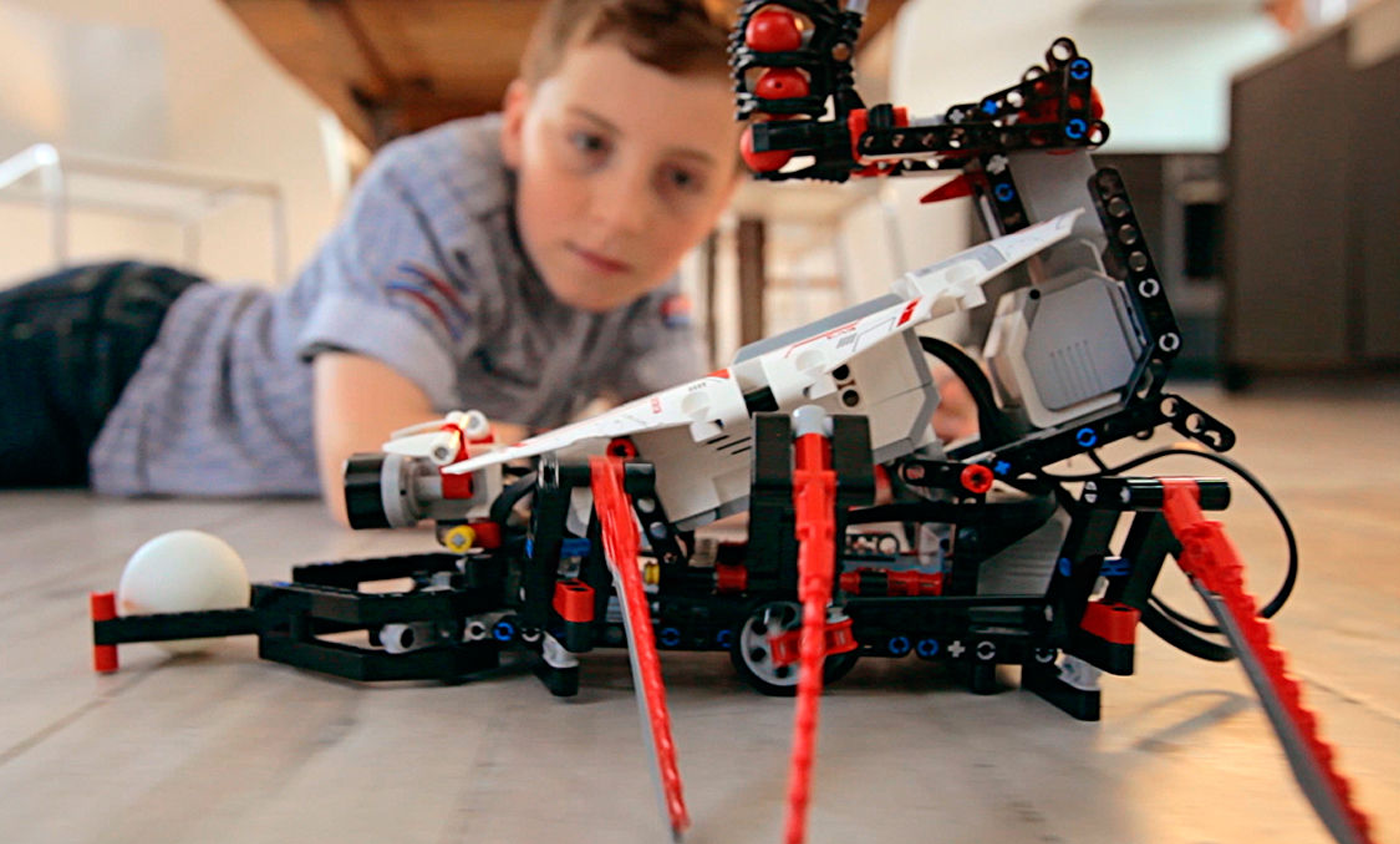Learning to code can be daunting for some children (and for most adults too)! After all, it’s learning a new language from Scratch (pun intended).
We do often see children reluctant to start in the morning. We hear parents beg, plead and promise extravagant rewards if they try it. And we’ve seen the same kids begging to stay for ‘just a little bit longer’ at the end of the session! Almost all of them want to come back the very next day or book subsequent week-long sessions.
How do we achieve this miracle? It’s easy really!
Our staff are experienced teachers, coders and mentors who feel as passionate about coding as a seven-year-old feels about water slides on a hot summer’s day.
Children intuitively pick up on the energy in the room. If the adults in the room are buzzing about something, the children will be too.
We quietly asses each child’s individual strengths within the first hour or so and using that, motivate them to learn. For example, if a child responds well to appreciation, we’ll have her present her work to the entire group. Or if a child is having difficulty understanding a concept, a mentor will help her through the process with one-on-one coaching in the most fun way possible!
Children spend the entire school year learning in a structured classroom setting. They don’t want the same thing in the summer. But we know how important it is to keep their brains working hard in the summer too to prevent loss of learning (more popularly known as the summer slide).
So how do we make sure children want to go to a class to learn during summer? We use fun technology!
It’s one thing learning theory from a book, but when you get assigned your individual robot and iPad at the start of the session and you’re guided on how to program said robot to do what you want it to, it’s a different story entirely.
It’s human nature to have inhibitions towards starting with a blank slate. We tend to focus on things we already know or know well, and we find it hard to leave our comfort zone. Why, we might just fail at that new thing and risk being mocked by peers.
To reduce those feelings of anxiety, we use a project-based learning approach, where the objectives are specific and attainable. All of a sudden, there is light at the end of the tunnel, and in the company of a friendly robot or a Minecraft agent side-kick, our kids are ready to tackle anything that might come their way!





